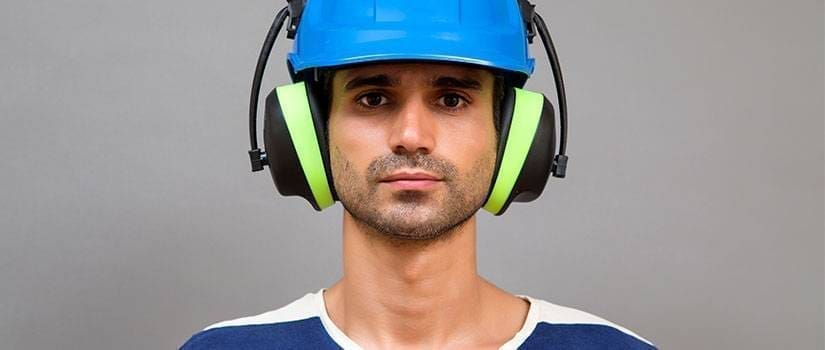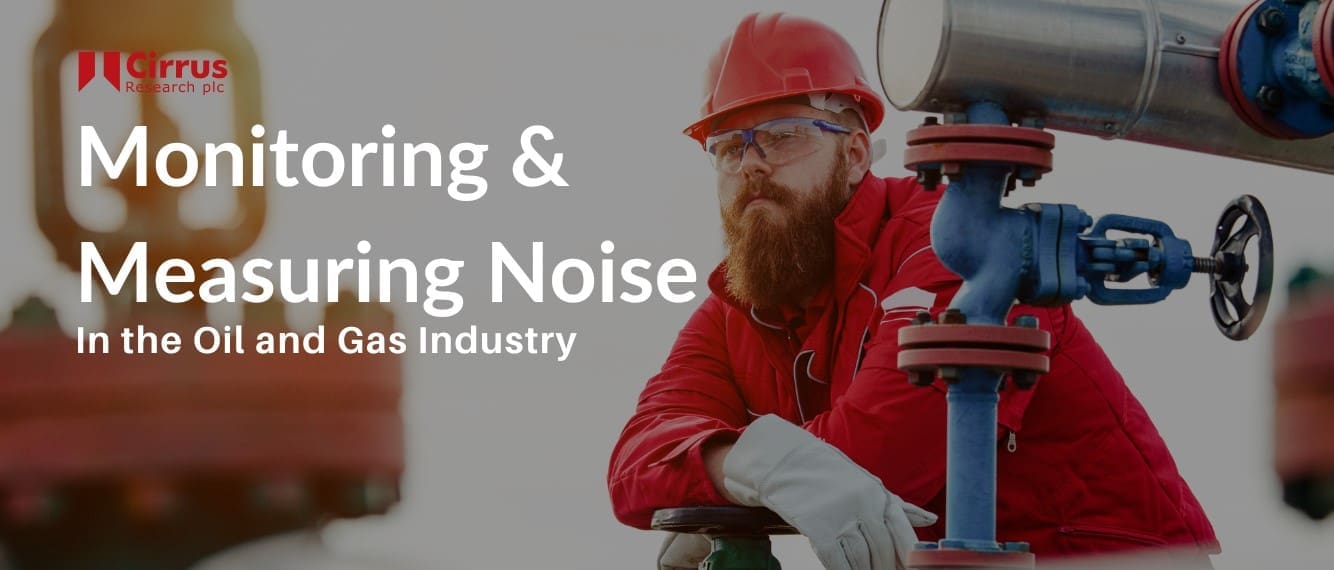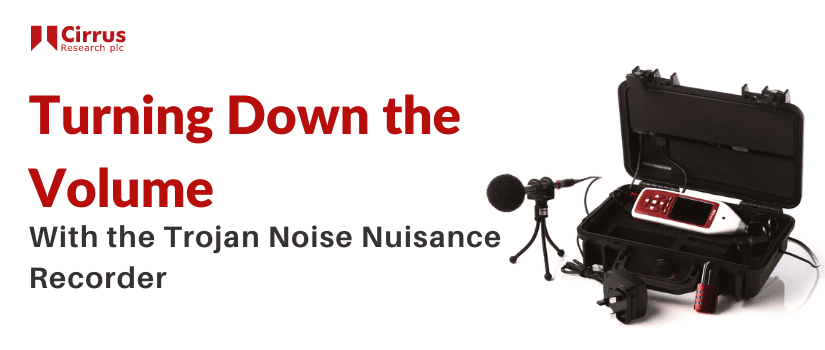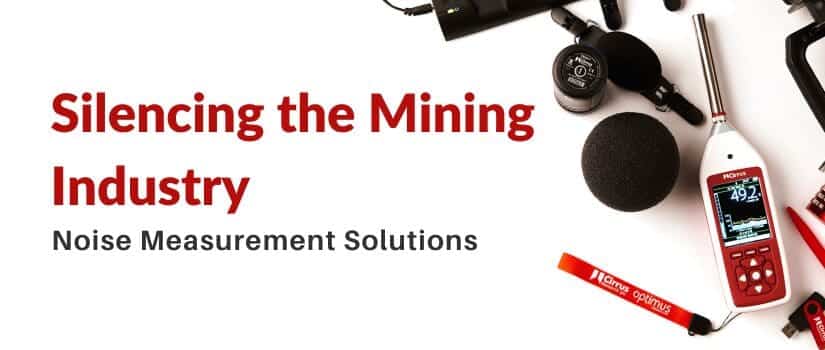Those eagle-eyed among you may have noticed that a set of new PPE regulations come into existence recently, which are being hailed as the biggest overhaul in over 20 years. For those of you who weren’t aware, you should know that rather than being a directive (as the current guidelines are), these will be legally-binding obligations that could land you in difficulty should you fail to adhere to them. Don’t worry though; the new PPE regulations have been in place since April 2018 and won’t be fully-enforced until 21st April 2019, meaning you have some time to get yourself ready for the change.
Why are the PPE regulations changing?
A question many will be asking, and a valid one. In a recent interview with Safety & Health Practitioner, Neil Hewitt, Division Director of Quality and Standards at Arco, explained that the new PPE regulations are coming into place to improve the ownership of PPE products within the supply chain, as well as to strengthen the product-type approval process, improve market surveillance and most interestingly for us here at Cirrus, to improve the requirements on certain elements of personal protective equipment, especially hearing protection.
Who will the new PPE regulations affect?
Basically, anybody who is involved in the process of manufacturing, supplying or buying PPE. This could be health and safety managers, PPE manufacturers or retailers who supply PPE to businesses and organisations.
What do the new PPE regulations mean and what do I have to do?
These new regulations don’t immediately change the standard of PPE itself, rather as previously mentioned, the new regulations are here to strengthen the product supply chain, whilst also ensuring that any equipment sold meets the latest standards when they arrive. What your place is in the supply chain will determine what your responsibilities are in terms of ensuring that your PPE is compliant. As a manufacturer, supplier/distributor or health and safety manager, your responsibility is to ensure that the products you supply/buy conform to the latest standards. For health and safety managers who are buying PPE for their workers, this could involve a number of things:
a) asking your supplier to provide a Declaration of Conformity to show the original certificate for the equipment you are buying;
b) asking your supplier to define their sample testing process to ensure that what you’re buying meets the required standards;
c) asking your supplier to define the quality assurance process of the manufacturer from whom they source their equipment, to ensure that the PPE you’re buying is made to the standards it was originally certified for.
Is there a way to tell if something is compliant with the new PPE regulations?
Yes. Each piece of PPE you have must come with a European Union Declaration of Conformity (although after Brexit, this may change), or there must be a web link to a digital version of the certificate provided on the product or in its instructions. If you can’t see either of these things, then you should contact your supplier immediately and ask them any of the above.
Why is hearing protection so important and why do I need to worry about it?
Many environments that require the use of PPE are loud and noisy places. Prolonged exposure to excessive noise levels can permanently damage someone’s hearing with issues such as tinnitus, as well as lead to other health issues like cardiovascular conditions and mental health illnesses. In order to prevent this from happening, ear defenders or other forms of hearing protection are absolutely essential. The current HSE guidelines dictate that if someone is working in an environment where they are exposed to 80dB over a prolonged period of time, then a noise survey must be carried out. Any environment where people are exposed to 85dB or above must be provided with PPE.
What is a noise survey and how do I do one?
A noise survey is exactly what it says on the tin: a survey of the noise in a place of work. You can conduct your own noise surveys using the range of equipment Cirrus Research offers, including sound level meters like the Optimus Industrial, and noise dosimeters like the doseBadge5. These devices will allow you to measure the noise levels in different parts of your workplace and in conjunction with the NoiseTools software, provide you with a clear analysis that will help to determine what sort of PPE you need. If you’re unsure about the sort of equipment you’ll need, then you can always get in touch with our friendly team who would be more than happy to talk about your requirements and help you pick the best product to meet your obligations.



